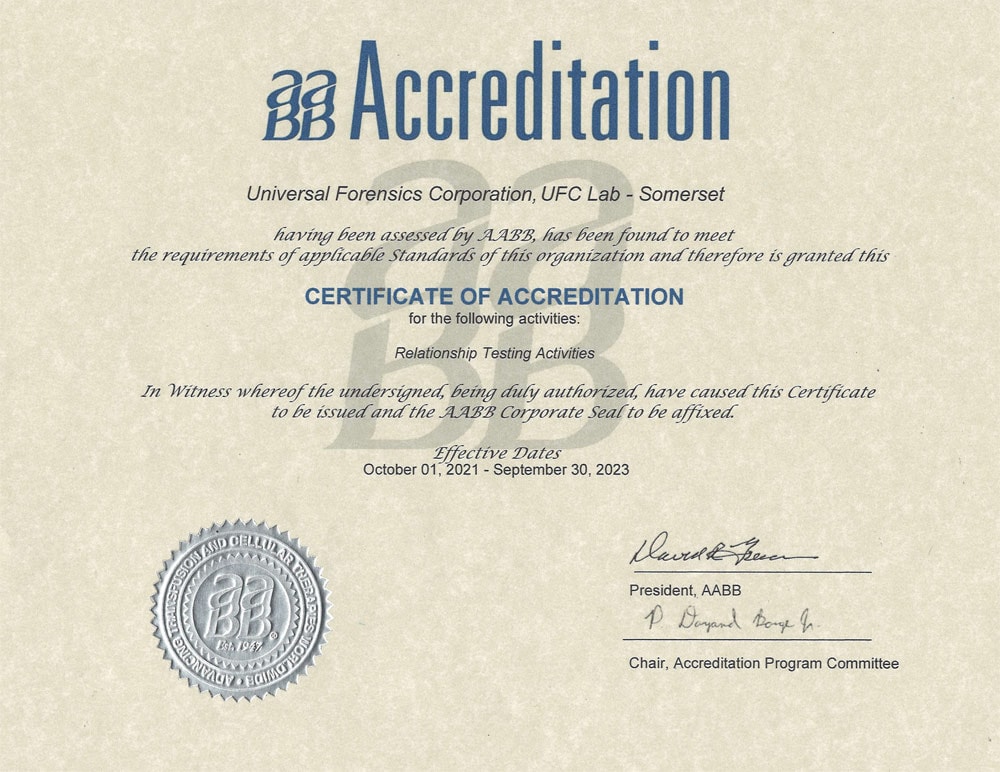How Often Should You Get an STD Test? Find Out Now

According to the CDC, one in five people suffer from at least one sexually transmitted disease. There’s no denying that maintaining sexual health is essential for your general well-being. Regular STD testing is one of the most reliable ways of ensuring that you’re healthy and free from infections.
Are you in a committed relationship, sexually active with multiple partners, or simply want peace of mind? Either way, knowing the recommended frequency for STD testing is key to preventing sexually transmitted diseases.
Are you asking yourself, “How often should you get an STD test?” Read on to learn more about it.
What STD Testing Is All About
STD testing involves screening for sexually transmitted infections (STIs) that can spread through sexual activity. Some of the most common STIs include the following:
- Chlamydia
- Gonorrhea
- Syphilis
- HIV
- Herpes
STD tests can involve blood, urine, or swab samples, depending on the type of infection.
Given that many STDs don’t present symptoms in their early stages, regular testing is the most effective way to catch infections before they become serious health issues.
How Often Should You Get an STD Test?
The frequency of STD testing depends on several factors, including your sexual activity, health status, and risk level. Do you want to know about the guidelines based on different circumstances?
For Sexually Active Individuals
If you are sexually active, it’s recommended to get an STD test at least once a year. This STD test frequency ensures that you’re aware of any infections before they cause complications.
If You Have Multiple Sexual Partners
If you have more than one sexual partner or engage in casual sex, testing more frequently (every 3-6 months) is advisable. Engaging in relationships with multiple partners increases the risk of exposure to STDs, even if you consistently use protection. Regular STD testing ensures early detection and treatment, preventing STDs from spreading to others.
For Those in Long-Term, Monogamous Relationships
If you are in a long-term one-person relationship and you and your partner have both been tested, your risk of contracting an STD is low. Still, if either partner’s sexual history is uncertain or changes, you should consider getting tested again.
After Engaging in Unprotected Sex
If you’ve had unprotected sex, it’s crucial to get tested as soon as possible. While some STDs can show up within days of exposure, others might take weeks or months. A healthcare provider can advise the best time to get tested based on the specific infection.
For Pregnant Women
STD testing is a routine part of prenatal care because infections can affect both the mother and the baby. If you’re pregnant, your doctor will likely recommend testing for common STDs like HIV, syphilis, chlamydia, and gonorrhea.
High-Risk Groups
Do you want more sexual health advice?
Some individuals are at higher risk for contracting STDs and may require more frequent testing. This includes men who have sex with men, individuals who use intravenous drugs, or those involved in sex work. For high-risk groups, testing every three months is generally recommended.
The Importance of Regular STD Testing
Many STDs are asymptomatic, meaning you may not notice any symptoms right away. Regular testing allows you to detect infections early, often before symptoms develop. Early detection can prevent complications, reduce the likelihood of long-term damage, and protect your sexual partners.
Regular sexual health screening and STD testing not only help you catch infections early but also play a role in preventing the spread of STDs. If your test has a positive result, you can take immediate steps to get treated.
Other Essential Health Screenings Beyond STD Testing
For companies and individuals alike, maintaining general health calls for a wide range of tests and screenings. This is especially true in today’s world, where health and wellness have become priorities. Alongside STD testing, several other screenings help monitor and maintain good health.
DNA Tests
DNA testing is often used for a variety of purposes, including determining ancestry, checking for genetic predispositions to certain diseases, and even confirming paternity. In corporate environments, DNA tests are increasingly used in wellness programs to provide personalized health plans based on genetic information.
Drug and Alcohol Screening
Regular drug and alcohol screening is common in workplaces to ensure a drug-free environment and to promote employee safety. Companies often use DOT drug testing (for Department of Transportation-regulated industries) and other methods like hair follicle drug testing and mouth swab drug tests to detect drug and alcohol use. These tests are highly accurate and can screen for a variety of substances.
Employers might require routine drug screening and alcohol screening as part of pre-employment checks, after workplace accidents, or as random tests to maintain safety and productivity.
Allergy Tests
Allergy testing is essential for individuals who experience unexplained reactions to foods, pollen, or other environmental factors. Through blood tests or skin prick tests, healthcare providers can identify allergens and help individuals manage or avoid triggers that could lead to serious health issues.
Paternity DNA Testing
Are you looking for confirmation of a biological relationship? If so, paternity DNA testing is the most accurate method available.
Testing involves a blood sample. It’s especially important in legal scenarios involving child support or custody.
Are Home Testing Options Reliable?
While a home paternity test and other types of tests offer convenience and privacy, they often lack the reliability of professional testing.
Accuracy can be compromised by user error, improper sample collection, and issues during transportation or storage. For example, with home STD tests, false negatives can occur if samples are not handled correctly, leading to missed diagnoses and continued transmission of infections.
An SDT Test Is the Best Way to Confirm Your Health
Has anyone ever asked you, “How often should you get an STD test?” Now that you’ve learned about frequency and more, you can explain the details.
Be sure to look to ReliaLab Test for all of your testing needs. As a national, third-party lab, our trained team specializes in pre-employment testing and other solutions.
Do you need on-site or off-site testing? Either way, don’t wait to reach out to a ReliaLab Test representative.








